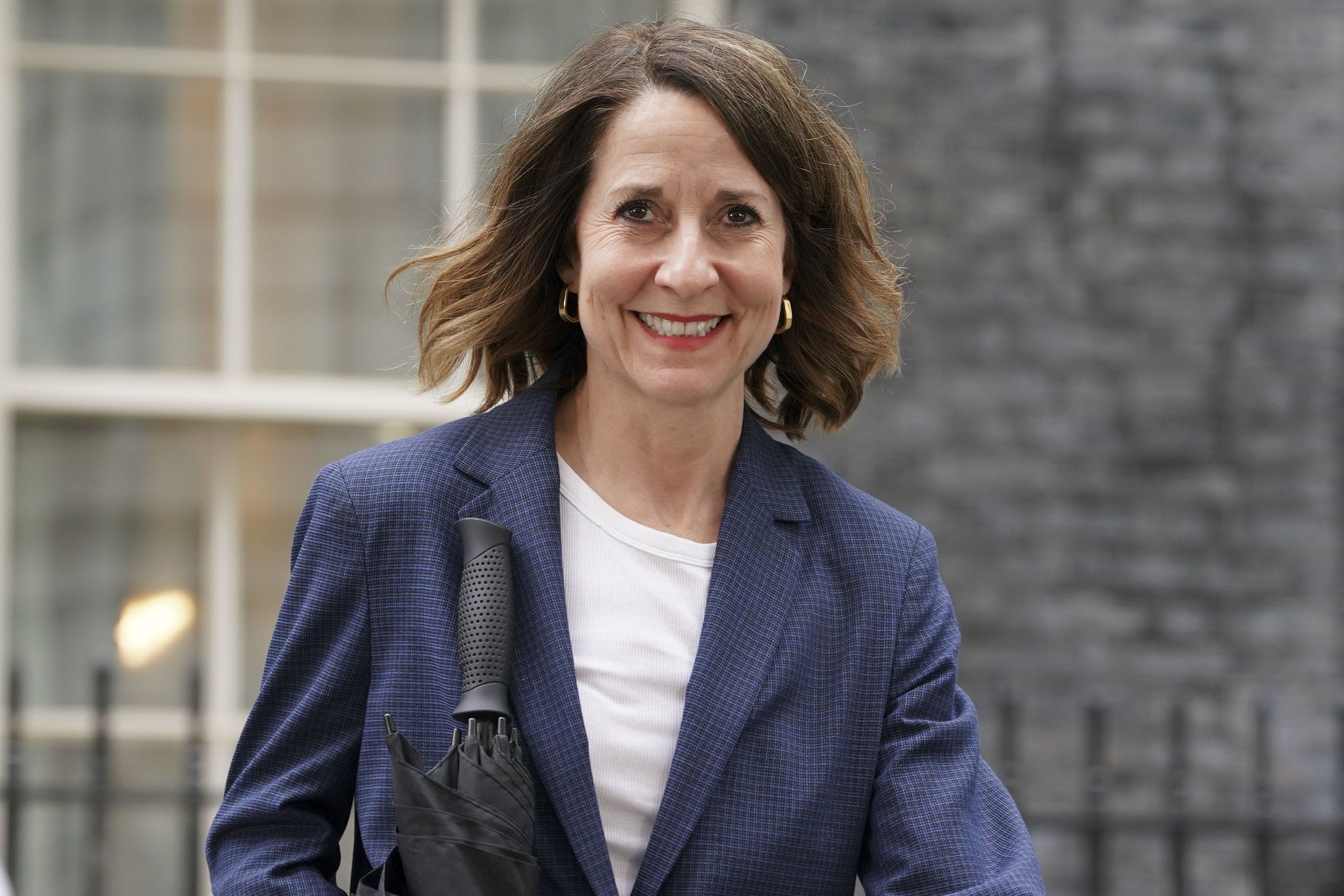Kendall lays out plan to reform DWP, shift from ‘strivers v scroungers’ rhetoric
Work and Pensions Secretary Liz Kendall said more attention would go to wider issues that stop people working – like health, childcare and transport.

Your support helps us to tell the story
From reproductive rights to climate change to Big Tech, The Independent is on the ground when the story is developing. Whether it's investigating the financials of Elon Musk's pro-Trump PAC or producing our latest documentary, 'The A Word', which shines a light on the American women fighting for reproductive rights, we know how important it is to parse out the facts from the messaging.
At such a critical moment in US history, we need reporters on the ground. Your donation allows us to keep sending journalists to speak to both sides of the story.
The Independent is trusted by Americans across the entire political spectrum. And unlike many other quality news outlets, we choose not to lock Americans out of our reporting and analysis with paywalls. We believe quality journalism should be available to everyone, paid for by those who can afford it.
Your support makes all the difference.Work and Pensions Secretary Liz Kendall criticised the former government’s “strivers versus scroungers” rhetoric as she laid out plans to transform the DWP.
In her first major speech in taking over at the helm of the Department of Work and Pensions, Ms Kendall said she would seek to implement a fundamental reform of the department.
“Under my political leadership, the DWP will shift from being a department for welfare to being a department for work,” she said at an event in Barnsley to coincide with the publication of the Pathways to Work Commission report authored by former cabinet minister and current health adviser Alan Milburn.
Their divisive rhetoric about strivers versus scroungers or claiming people just felt ‘too bluesy’ to work may have grabbed headlines, but it did absolutely nothing to actually get Britain working again
She said the current system is “both too siloed and too centralised” and that “the Conservatives put political point-scoring ahead of solving problems”.
She said: “Their divisive rhetoric about strivers versus scroungers or claiming people just felt ‘too bluesy’ to work may have grabbed headlines, but it did absolutely nothing to actually get Britain working again.
“As today’s report rightly concludes, people who are economically inactive are not one single group. There will be a few who act fraudulently, others who say they can’t work but who can.
“But the vast majority face a complex range of barriers which stop them from getting what both they and policymakers want – a pathway into paid employment.”
She said job seekers will still be obligated to engage with support, look for work, and take jobs when they are offered.
But she said more attention would also be paid to wider issues – such as health, skills, childcare and transport – that play a role in determining whether people can get work, stay in work and succeed in their work.
My department will support local areas to make a success of this new approach, starting by devolving new powers over employment support to catalyse action and change because the man, or even woman, in Whitehall will never know what's best for Barnsley, Blackpool or Birmingham
Labour’s goal to reach an 80% employment rate would currently mean getting 2 million more people back into work, she said.
The plans include an overhaul of job centres to create a careers service that merges JobCentre Plus and the National Careers Service as well as a “youth guarantee” to offer training to 18- to 21-year-olds.
The Government will also transfer powers to local areas, in what Ms Kendall called “a fundamental shift in the balance of power and resources” to mayors and local areas to lead work, health and skills plans for the economically inactive.
“My department will support local areas to make a success of this new approach, starting by devolving new powers over employment support to catalyse action and change because the man, or even woman, in Whitehall will never know what’s best for Barnsley, Blackpool or Birmingham.”